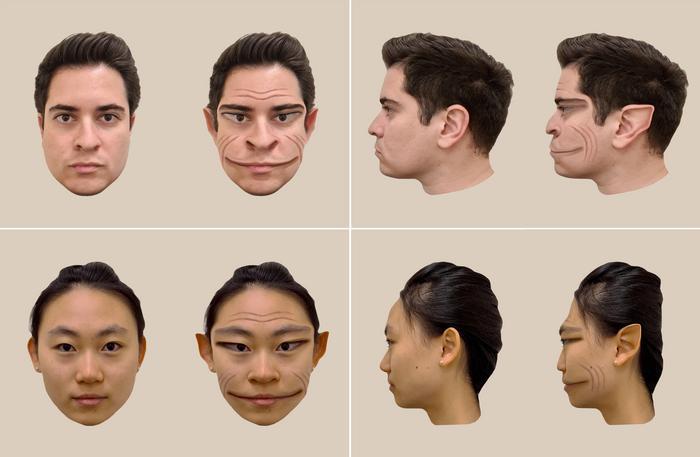Doctors are more outgoing, kind and conscientious, but also more neurotic and less open than their patients, according to a new Australian study: personality differences that could affect the doctor-patient relationship.

- The harsh selection in education and the training of doctors can accentuate certain personality characteristics that differ from their patients, researchers say.
- These differences can create a disconnect between how doctors provide information and how patients receive it.
- Compared to men, female physicians seemed to differ more strongly from other groups.
Doctors are more outgoing, amiable and conscientious, but also more neurotic and less open than their patients. These are the findings of the analysis of two nationally representative Australian surveys, published online in the open access journal BMJ Open. These differences in character traits could have clinical implications for the doctor-patient relationship, the researchers suggest.
The hard training of doctors at the origin of these differences in personality?
The harsh selection in the education and training of doctors can accentuate certain personality characteristics that differ from their patients, researchers say, adding that in turn, these differences can create a disconnect between the way doctors provide information. and how patients receive it.
The researchers relied on two nationally representative Australian surveys, in which respondents were asked to rate their own personality traits. The first survey, titled “Household, Income and Labor Dynamics in Australia” (HILDA) included 18,705 patients and 5,814 professional carers. The second “Medicine in Australia: Balancing Work and Life” (MABEL) survey included 19,351 doctors including 5,844 general practitioners, 1,776 patient-oriented specialists and 3,245 technical-oriented specialists.
The “Big Five”: the 5 main personality traits
The study authors then focused on the “Big Five”, a descriptive model of personality with five central personality traits used in psychology, sometimes also called the “OCEAN model”, an acronym for the name of its various dimensions. These five traits are:
- Openness: it encompasses creativity, curiosity, imagination, appreciation of art, emotion, adventure, complexity, unusual ideas or new ideas.
- Conscientiousness: it includes self-discipline, respect for obligations, organization rather than spontaneity, efficiency, prudence and the desire to always be goal-oriented.
- Extroversion: Extroverts are talkative, confident, loud, bold and lively and have to seek stimulation and the company of others.
- Friendliness (or agreeableness): it includes empathy, kindness, the ability to cooperate and a warm character.
- Neuroticism (or neuroticism): Neurotics describe themselves as envious, moody, touchy, jealous, capricious and restless.
Unsurprisingly, the doctors were more pleasant and outgoing than all the other groups, but they were also more neurotic. Doctors and caregivers were nicer than patients. But the doctors were definitely nicer than the medical professionals. Moreover, the differences between physicians by medical specialty were, on the whole, smaller than those between physicians and patients.
Female physicians seemed to differ more strongly from other groups than male physicians, survey responses suggest. This was particularly noticeable for neuroticism, with female doctors scoring significantly higher on this trait than women in the general public.
What effects do these differences have on the doctor-patient relationship?
However, the researchers recognize some limitations to their findings. Although based on well-known and validated instruments, the scales used to assess personality traits were self-reported. And the definition of the “big 5” differed slightly between the two surveys. Nevertheless, the researchers suggest that these personality differences could have implications for the doctor-patient relationship and, indirectly, for the success of treatments.
“For example, being more conscientious has implications for treatment adherence, as conscientious physicians may overestimate their patients’ ability to follow recommendations”they write. “By taking these differences into account, physicians can better calibrate their judgments about patients and better understand the factors that influence their interactions with patients.”they suggest.
A range of different personalities is also likely to be better for clinical team performance, they add: “The lack of personality difference we found between physician specialties suggests that adding more physicians to a team will not increase personality diversity”. “However, the differences found between physicians and those in other healthcare professions suggest that the inclusion of non-physician healthcare professionals in clinical teams will increase personality diversity, and therefore team performance”he concludes.















